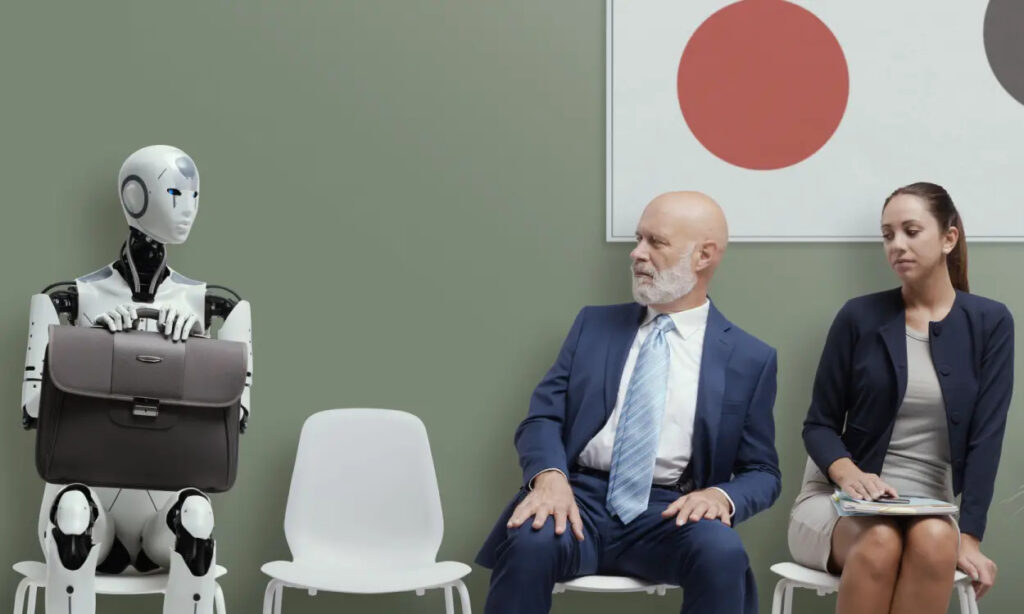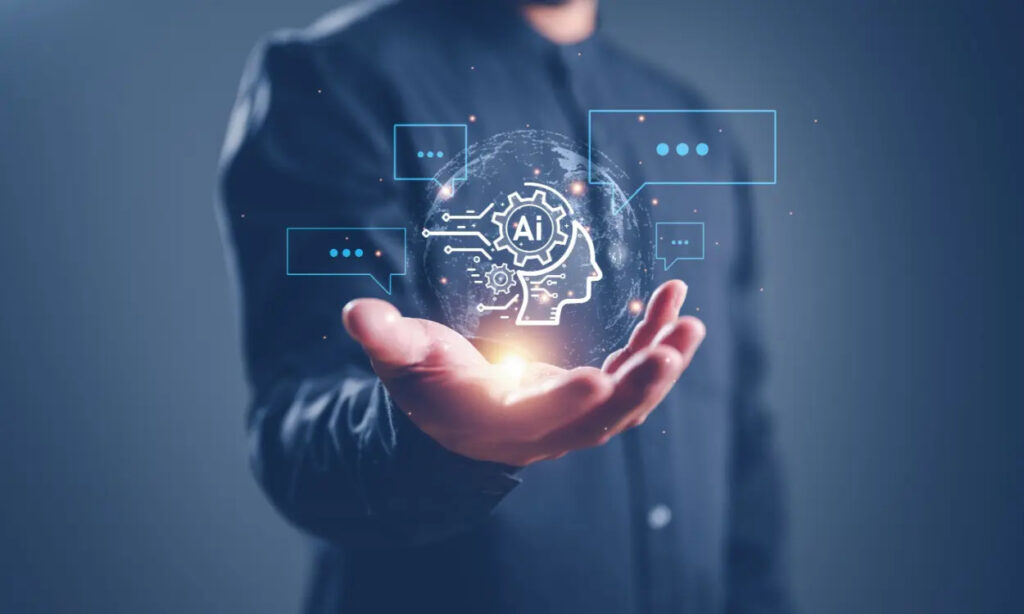
A recent study from the Massachusetts Institute of Technology (MIT) provides insights into the realistic timeline for AI replacing human jobs, suggesting that concerns about a rapid takeover by robots may be premature. Conducted by five researchers from MIT, the study titled “Beyond AI Exposure: Which Tasks are Cost-Effective to Automate with Computer Vision” focused on tasks suitable for AI implementation, such as task performed by teachers, property appraisers, and bakers.
Contrary to widespread fears, the study indicates that only 23% of workers’ wages for these jobs could be feasibly replaced by AI. Even with a projected annual cost reduction of 50%, it is estimated to take until 2026 before half of the vision tasks achieve economic viability for automation. The researchers anticipate that roles requiring human labor will persist until as late as 2042.
Funded by the MIT-IBM Watson AI Lab, the study collected data through online surveys covering 1,000 “visual inspection” tasks, including examining food for spoilage, across 800 different occupations. Currently, only 3% of these tasks are deemed economically automatable, but the researchers suggest this figure could rise to 40% by 2030, provided there are reductions in data costs and improvements in accuracy.

Why Won’t AI Steal Your Job Soon?
The study underscores the significant costs associated with implementing and maintaining AI technology, despite its prowess in pattern recognition and image analysis. In many cases, relying on human skills and intuition remains a more cost-effective choice. Additionally, AI systems face challenges related to power consumption, and companies are navigating the complexities of their implementation.
Importantly, the study highlights that AI, driven by statistical and symbolic reasoning, lacks the depth of human conscious and subconscious thought processes. Tasks requiring intuition, gut instinct, and implicit knowledge, essential components of human critical thinking and emotional intelligence remain resistant to automation. These qualities remain indispensable in the evolving job landscape.
While acknowledging AI’s impact across various industries such as banking, marketing, retail, legal services, transportation, and healthcare, the study concludes that while most jobs are susceptible to automation, they are not immediately so. A 2023 report from Goldman Sachs suggests that approximately 18% of global work, equivalent to around 300 million jobs, could be influenced by generative AI. The MIT study recognizes that advancements in AI, including improved data efficiency and accuracy, have the potential to significantly enhance its automation capabilities in the future.
However, the current narrative of “AI will steal our jobs” appears to be exaggerated.





Your point of view caught my eye and was very interesting. Thanks.